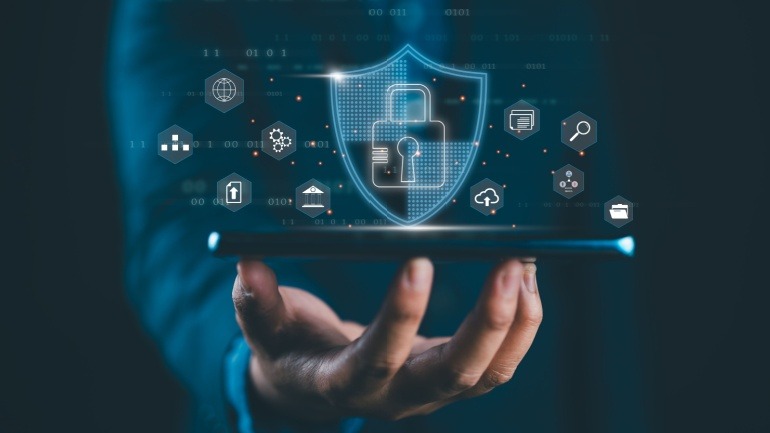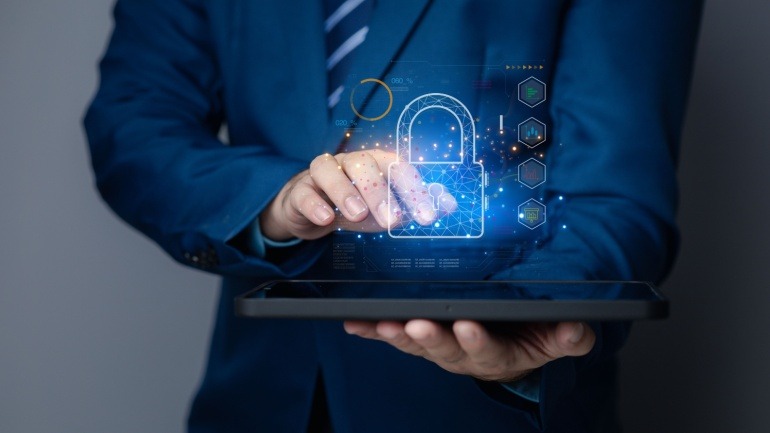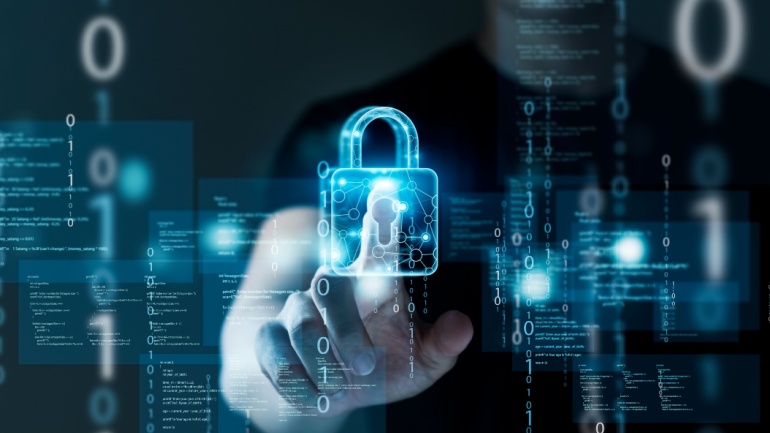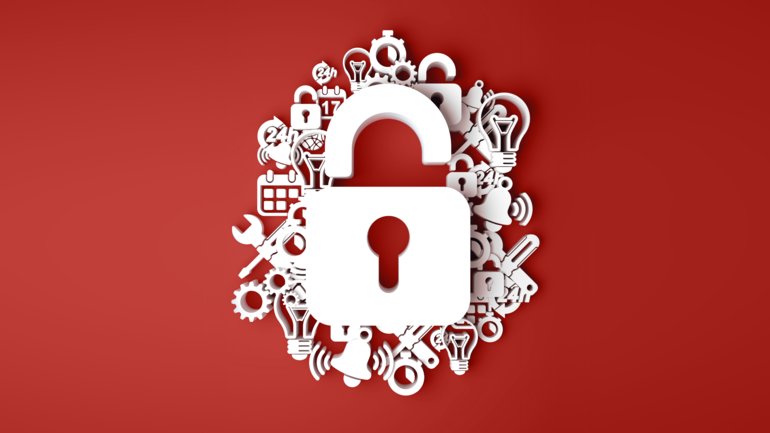Intel and Arqit Quantum have launched a cloud security solution that ensures no party, including themselves, can access users’ data. By combining Intel’s confidential computing with Arqit’s quantum-resistant encryption, the technology delivers secure, private communication across cloud environments.
Apple is fighting a UK government demand to weaken its encrypted cloud services, sparking a landmark legal battle. A tribunal ruled the case must be public, rejecting secrecy claims. Privacy advocates hail the decision as a win for digital rights, warning that forced backdoors threaten global security.
As quantum technology evolves, ensuring robust VoIP security is paramount. QuintessenceLabs’ launch of its Trusted Security Foundation appliance at Equinix fortifies defenses against quantum threats.
One of the most frequently asked questions about a VoIP phone system is fundamental and critical, and is as follows: is VoIP secure? To answer the question, no phone system is bulletproof. VoIP has a myriad of benefits, but possible security risks should not be overlooked. Given the growing number of cybercrimes around the world, the importance of security has never been more significant. In every practical sense, VoIP has a good reputation as a secure technology. Nevertheless, every time you use electronic devices or the Internet, it is wise to understand the security risks that such usage may pose to your business and take appropriate precautions. You might be wondering, how important VoIP security really is? Even if you yourself have never been a victim, the reality is that the threat of security breaches through the phone system is quite serious. Truthfully, security is a must for…
Google rolls out BeyondCorp for secure remote network access without a VPN Google has launched BeyondCorp Remote Access, a new security service designed to provide remote access to internal systems without using a virtual private network (VPN). This new cloud-native security product is based on a “zero-trust approach” and is founded on a system that Google originally built for internal use almost a decade ago. Google said that when the number of remote connections suddenly increases, the VPN architecture may not be able to handle the load. BeyondCorp Remote Access includes a database of every device authorized to connect, a security certificate installed on that device, and integration with a human resources database containing information about usernames and group memberships. Read more at https://tinyurl.com/ya4hhtsk Zoom adds encryption as it passes 300 million daily users Zoom Video Communications has launched an update of its virtual meetings software, adding encryption and new…
After last week’s summit in Australia, the Five-Eyes Governments, which include the United States, the United Kingdom, Canada, Australia and New Zealand, issued a statement calling on the technology industry to willingly provide access to encrypted information. While encryption is by far the safest way for private information to travel between the sender and receiver, the Five-Eyes group argue that it can also be “used by criminals, including child sex offenders, terrorists and organized crime groups to frustrate investigations and avoid detection and prosecution.” Even though the debate of privacy versus security when it comes to data encryption is not a new one, many cybersecurity experts still claim that there is no safe way to provide authorities with a backdoor access to decoded information without introducing vulnerabilities that may be exploited by hackers. Despite this argument, the alliance is pushing technology providers to “create customized solutions, tailored to their individual…
Connecting to a public WiFi network at airports, hotels or even at a local coffee shop is not always as safe as one might think, as intercepting private information sent over a public network is quite easy even for inexperienced hackers. As a result, Verizon has decided to combat this security vulnerability by launching a VPN for their customers, Safe Wi-Fi. This new service protects personal data from prying eyes, and blocks advertisement trackers by using VPN encryption. Safe Wi-Fi is available on iOS and Android devices for a fee of $3.99 per month, and can cover up to 10 devices linked to a Verizon account. Considering how much the theft of personal information might cost a user, this is a small price to pay for keeping important data secure.










